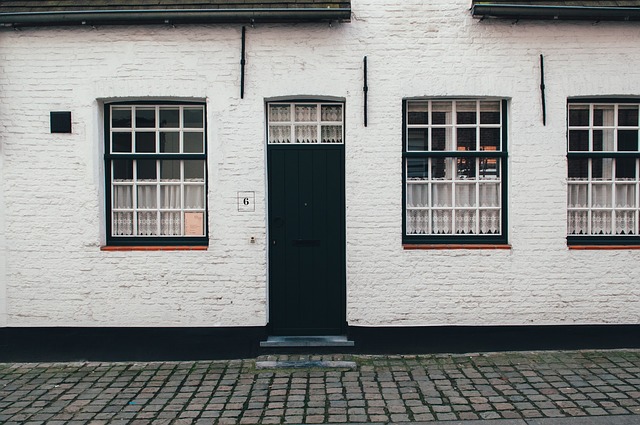Getting Your Finances in Order When Buying a House
The vast majority of financial professionals would generally recommend buying a house over renting one. There are various reasons for this, but the main would be that when you’re buying a house, you’re paying your own mortgage off each month with your mortgage payments, rather than buying someone else’s house on their behalf or paying someone else’s passive income through rent payments.
A home purchase is likely to be one of the largest investments that anyone can make during their lifetime. So, you’re going to have to make sure that your finances are fully in order before attempting to buy any property. Here are a few different steps you can take to achieve this!
Contents
Clear Debts
Most people have debts that can be left outstanding when applying for a mortgage. Student loans and finance agreements on vehicles are a good example, as generally, mortgage lenders and other companies don’t expect you to have cleared this kind of loan before taking out a mortgage loan with them.
Outstanding student loans also don’t impact your credit score. But when it comes to other debts, such as loans and credit cards, it’s generally best to have cleared them before applying for a mortgage. In fact, it’s best to clear them before you even begin to start saving for your mortgage deposit. There’s no point having savings in the bank when they could be paying off a loan or credit card that has interest attached.
Improving Your Credit Score
In a similar vein, you’re going to want to make sure your credit score is as positive as possible before applying for a mortgage. Generally speaking, paying off any debts will help you to achieve this. You should also use credit available to you sensibly in order to work on your score.
Make sure you have the money available to pay for large ticket purchases in advance, but pay with your credit card (this also gives you some financial protection). Then, clear your outstanding credit card bill quickly with the available money in your bank account. This shows responsible card usage.
Figure Out Your Budget
When saving your deposit, you need to figure out your available budget for buying a property. Consider your income and use mortgage calculators to determine what kind of mortgage lenders would be willing to offer you. This can give you an idea of what down payment you’ll need to build up and which properties could be options once you have saved this deposit. You can click here for examples of good quality housing.
Actually Saving
Saving isn’t simple. But you need to be determined. Cut spending on luxury goods and put as much of your disposable income as possible into a high interest rate, reliable and recommended savings account.
These are just a few different steps you’ll need to take when it comes to getting your finances organized in order to buy a house. Hopefully, they’ll help you along the way!
For live CPA exam prep and accounting classes, join Conference Room for free. Members will be notified of course dates, times, costs, and how to attend these courses.
Get your questions answered to pass the CPA exam, and to learn accounting concepts.
Go to Accounting Accidentally for 300+ blog posts and 450+ You Tube videos on accounting and finance:
Good luck!
Ken Boyd
Author: Cost Accounting for Dummies, Accounting All-In-One for Dummies, The CPA Exam for Dummies and 1,001 Accounting Questions for Dummies
(email) ken@stltest.net
(website and blog) https://www.accountingaccidentally.com/

